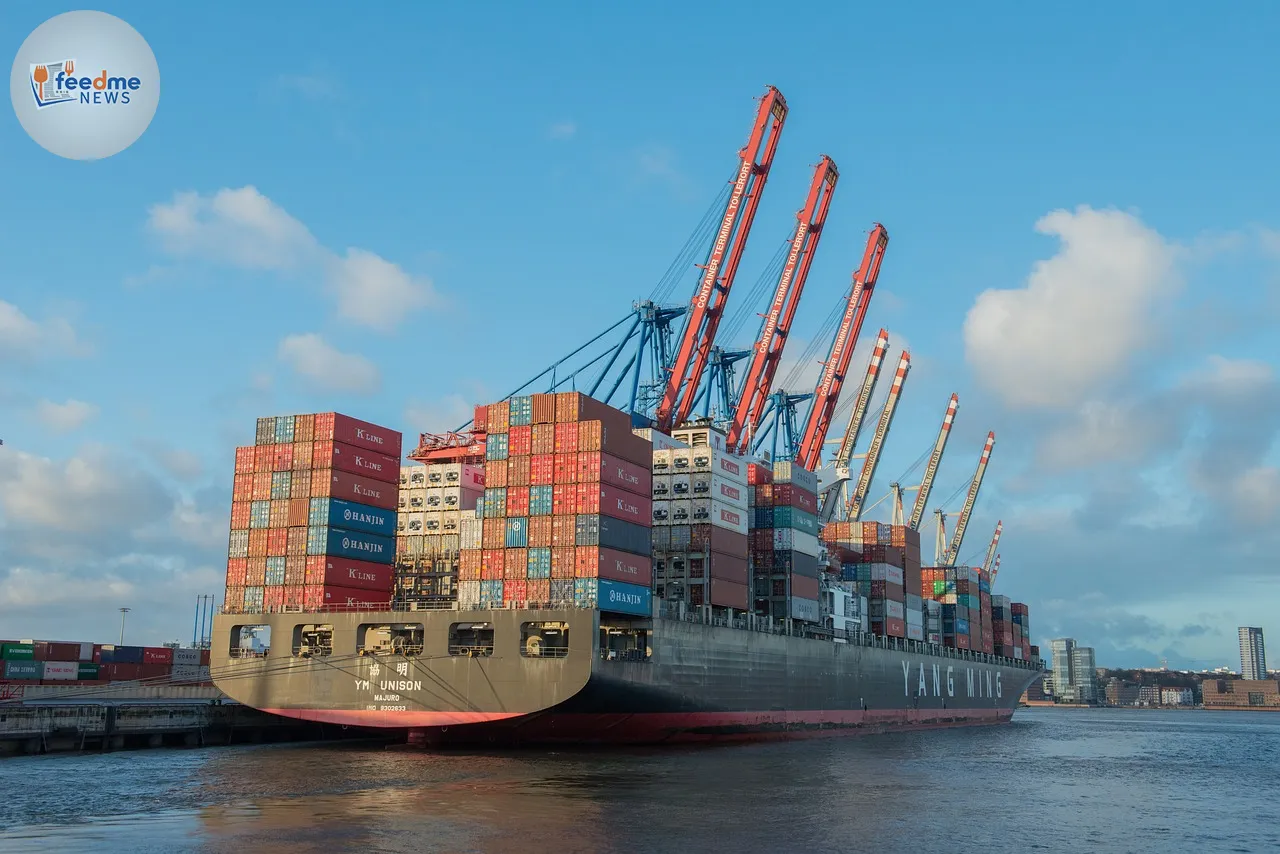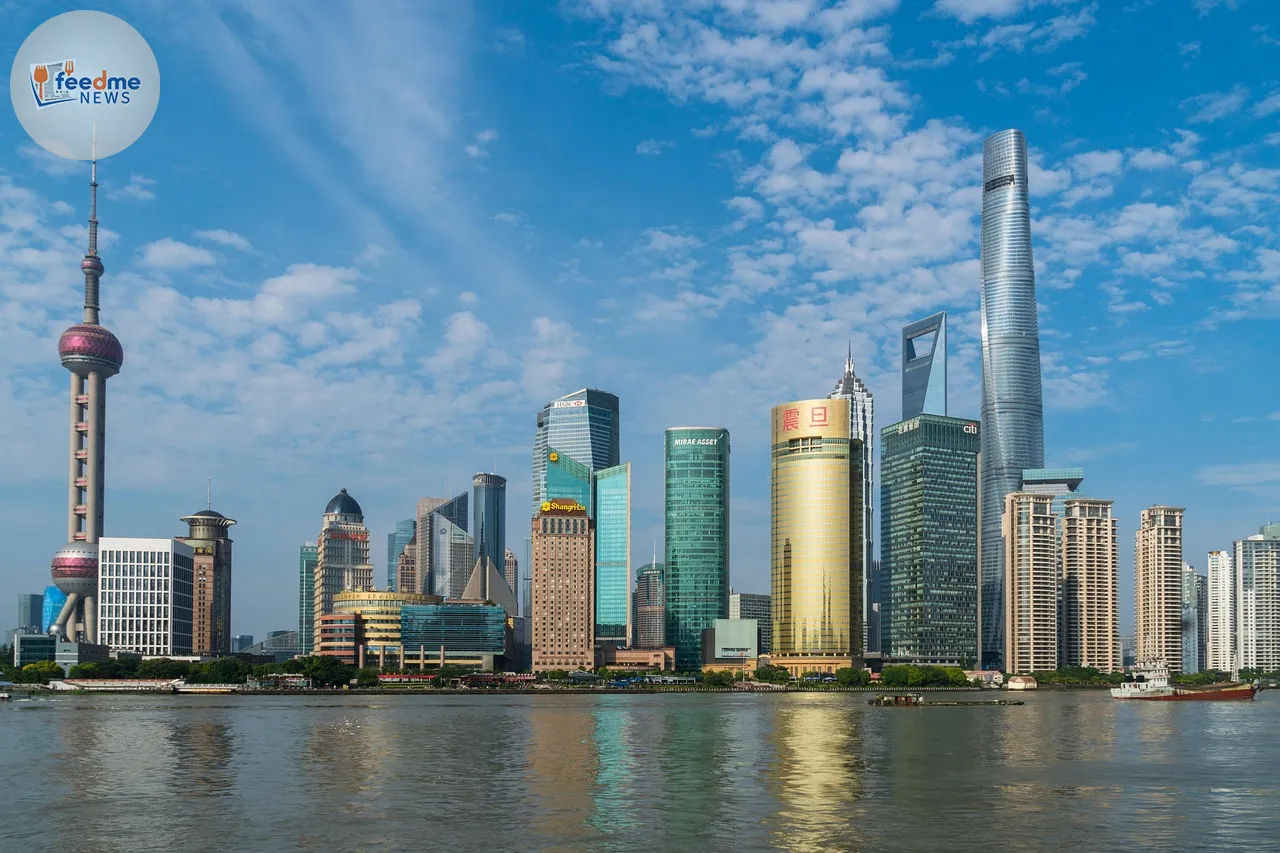Global markets are in turmoil as fears surrounding the US-China trade war escalate, resulting in a significant sell-off. Investors are grappling with uncertainty after the US administration’s recent tariff manoeuvres, a situation that has been exacerbated by fluctuating messages from the White House. Analysts report a palpable sense of chaos, with markets reacting negatively to the instability. The Nasdaq and S&P 500 indices have both experienced notable declines, with losses projected to continue throughout the week.
Trade War Fears Heighten Market Volatility
The current market instability traces back to the ongoing trade tensions between the United States and China. The imposition of tariffs by the US has been a significant factor, with China’s foreign minister labelling the actions as ‘two-faced’. The unpredictability of the situation has left investors struggling to make informed decisions. “Markets hate uncertainty, and investors are getting it in spades,” remarks Neil Wilson, an analyst at TipRanks.com. The constant shifts in US trade policy have created an environment where planning and investment become increasingly challenging.
The impact of the trade war extends beyond stock market fluctuations. The interconnected nature of global markets means that these tensions have far-reaching consequences, affecting everything from international supply chains to consumer prices. The situation has also been compounded by a recent spate of weakening economic data from the US, which has only added to investor anxiety.

Economic Data Adds to Investor Concerns
Recent economic indicators have not provided much solace to investors already on edge due to the trade war. The US has reported a series of less-than-stellar economic data points, including disappointing job growth and manufacturing output. These figures have raised concerns about the overall health of the US economy, independent of the trade conflict.
The combination of these factors has led many to fear a potential recession. Analysts warn that the aggressive tariff actions could trigger inflationary pressures, further straining the economy. The market’s reaction underscores the deep-seated apprehension among investors about the future trajectory of the US economy amidst these ongoing tensions.
Investor Patience Wears Thin
The patience of investors is being tested to its limits as they navigate the unpredictable landscape created by the trade war. The frequent shifts in policy from the White House have led to a climate of uncertainty, with each new development causing ripples throughout the global financial system. “The old adage that the market hates uncertainty rings true,” says Wilson, highlighting the frustration felt by many investors.
This frustration is reflected in the market’s performance, with both the Nasdaq and S&P 500 indices on track for significant weekly losses. The Nasdaq has seen a 2.6% drop, while the S&P 500 has fallen by 1.78%, with both indices expected to close the week approximately 4% down. The volatility underscores the challenges faced by investors in trying to anticipate market movements amidst an ever-changing landscape.
Global Implications of US-China Tensions
The ramifications of the US-China trade tensions are not confined to the US alone. The global economy is deeply interconnected, and the effects of the trade war are being felt worldwide. Countries reliant on exports to the US and China are particularly vulnerable, as are industries closely tied to global supply chains.
Experts warn that prolonged tensions could lead to a slowdown in global economic growth, with potential repercussions for employment and investment in numerous sectors. The uncertainty surrounding the trade war also poses a risk to consumer confidence, which could further dampen economic activity.
Looking Ahead: Navigating Uncertain Waters
As the trade war continues to unfold, the path forward remains uncertain. Investors and policymakers alike are closely monitoring developments in the hope of gaining some clarity. However, with no clear resolution in sight, the markets are likely to remain volatile in the near term.
In the face of these challenges, experts advise caution and resilience. Diversifying investments and staying informed about global economic trends can help investors navigate the turbulent waters. While the current situation is fraught with uncertainty, there remains the potential for opportunities amidst the chaos.
As the world watches the unfolding trade saga, the hope is for a resolution that stabilises markets and restores investor confidence. Until then, the global economy remains on edge, with the spectre of the trade war looming large over financial markets.





